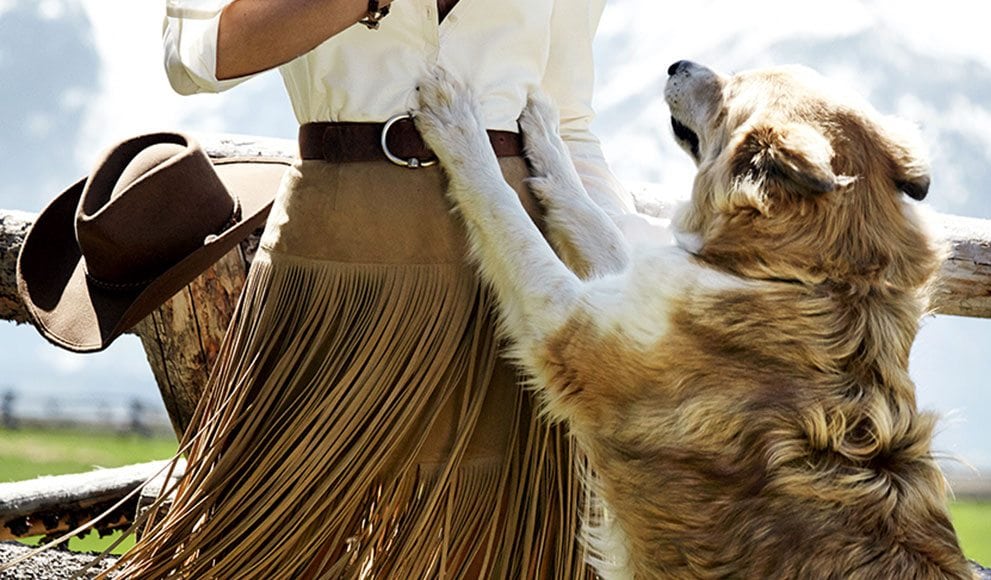I am at Murdoch University in Perth, Western Australia and I am currently in my fifth year of University and my fourth year of the Veterinary Medicine and Surgery course.
Vet is 6 years at Murdoch. One year of ‘Pre-Vet’ plus 5 years of Veterinary Science.
There were changes to the course in 2015, and Murdoch has now altered the Veterinary Medicine program and reduced the course to 5 years instead of 6.
These 5 years include, 1 year of pre-vet, 2 year Bachelor of Science in Veterinary Biology followed by 2 years of Applied Veterinary Medicine which leads to a masters level degree of Doctor of Veterinary Medicine (DVM).
For more information, click here.
My ATAR was 95.2, (just missed out!) so what I did, was a year of Animal Science and then successfully transferred into the course after one year. For some people, it may take a couple of applications before they are accepted.
What is the application processes for Murdoch?
So, if you don’t get a place straight out of high school you can apply after doing a year of general science at university. Recommended degrees include Animal Science, Biomedical Science, Wildlife and Conservation Biology etc.
At Murdoch there is no interview process. The application process is done through assessment of grades, work experience and a personal statement.
Grades are incredibly important and make up a large proportion of your application. They are looking for a Distinction average (>70%), but obviously the higher the better.
The personal statement is limited to 500 words and needs to explain:
- Why do you want to be a vet?
- How will your past experiences enable you to be a successful student and veterinarian?
Along with a personal statement, you require a CV and most importantly your written references from where you did your work experience!
What is the course work load like?
Vet requires a lot of dedication and determination. Many do not realise how this degree consumes your life. If you are not a natural smarty pants, like myself, you will find that you spend a majority of time studying! Most weekends when I am not working, I am studying. Every night after uni you will find me huddled over 4kg textbooks with a mug of tea trying to make sense of the mountains of information that I was taught that day.
Just remember, that with vet, we have a lot of species to learn. They all have different anatomy, different physiology, different diseases etc. Take a moment to compare this to human medicine…
So, why not human medicine?
I love both people and animals. It really gets my goat when people say that they want to be vets because they don’t have right people skills. Let me set something straight, animals don’t come trotting into a clinic with a visa card attached to their leash. There is a Owner-Veterinarian-Patient relationship. I want to be able to help both humans and animals. The human-animal bond is such a wonderful thing and being able to assist in maintaining that bond through the power of Veterinary Medicine is a brilliant and wonderful thing!
Is there any practical work place required?
We have to do 5 weeks of farm prac by half way through third year. 2 weeks must be either sheep or cattle with then 3 x 1 week at either sheep, pigs, cattle, horses, alpacas, deer or goats etc. Sheep and Cattle both need to be completed.
We are then expected to do 14 weeks of clinical placements in small, mixed/large and equine clinics from halfway through third year up until the end of final year.
Beyond your fees, do you need to purchase equipment?
Books, scrubs, overalls, surgery kits etc are expensive costs that pop up throughout the degree.







